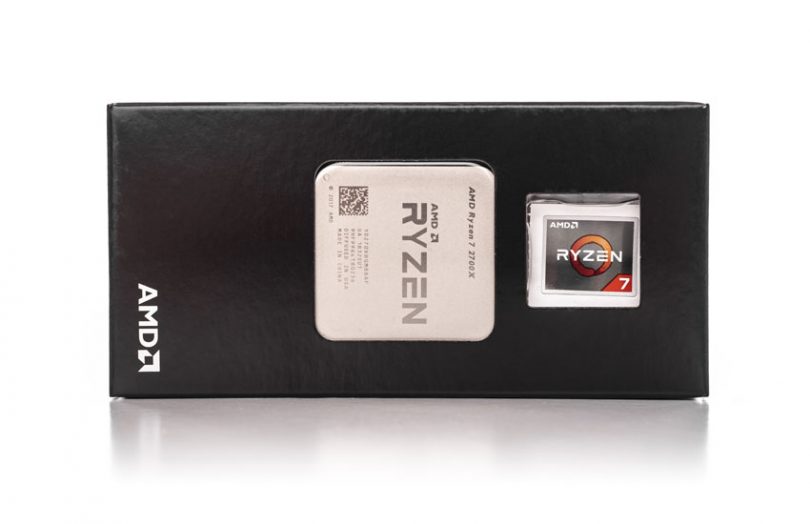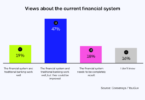Last week, U.S.-based chipmaker AMD announced it joined the Blockchain Game Alliance (BGA) to develop new gaming platforms based on distributed ledger technology (DLT). Additionally, AMD has partnered with blockchain firms Robot Cache and ULTRA.
The BGA is an organization comprised of game and blockchain developers to promote the use of blockchain for the gaming industry. Some of the high-profile members include ConsenSys, games company Ubisoft, Enjin the developer of Microsoft’s Azure Heroes, and Web3 Foundation, the developers of Polkadot. AMD is the first hardware company to join the alliance.
AMD plans to enable the alliance members with new computing technologies for blockchain-based gaming platforms. Robot Cache operates a blockchain-based online gaming marketplace, and ULTRA is planning to launch one in the coming months. Both the companies will use AMD processors at the back-end for the blockchain network.
Such blockchain gaming marketplaces aim to provide gamers with a platform to buy, sell and share characters and assets used in video games while creating new distribution channels for publishers.
“Blockchain technology brings broader choice, security and flexibility to both gamers and publishers,” said Joerg Roskowetz, Head of Blockchain Technology at AMD. “Next-generation blockchain game platforms will give gamers access to exclusive online content, and provide new ways for them to truly own it.”
For blockchain, hardware capability is an essential aspect of creating new blocks. The processing power of a CPU determines whether a machine is fast enough to solve the puzzles currently required to add blocks to public blockchain networks such as Ethereum. With AMD joining the alliance, it would enable co-development of CPUs and graphics cards to optimize cryptographic computing performance for gamers.
Last month, Ubisoft joined ULTRA’s blockchain network as a game transaction validator, reported Venture Beat. CryptoKitties is another blockchain game which attracted a lot of attention.
A few weeks ago, Formula 1’s blockchain game F1 Delta Time auctioned non-fungible tokens (collectibles) for ten official team cars. The licensee is game developer Animoca Brands.
Meanwhile, Ripple’s funding arm, Xpring, planned a $100 million investment in the gaming sector to promote the use of XRP for in-game economies.






